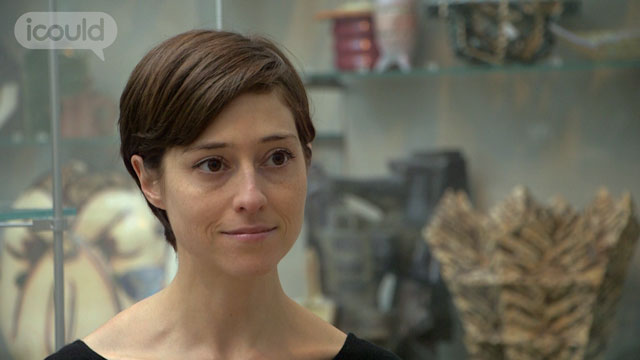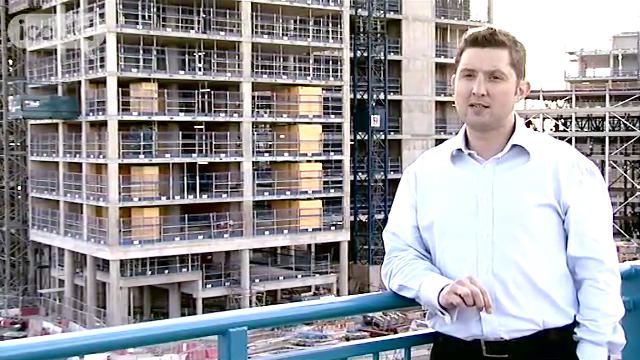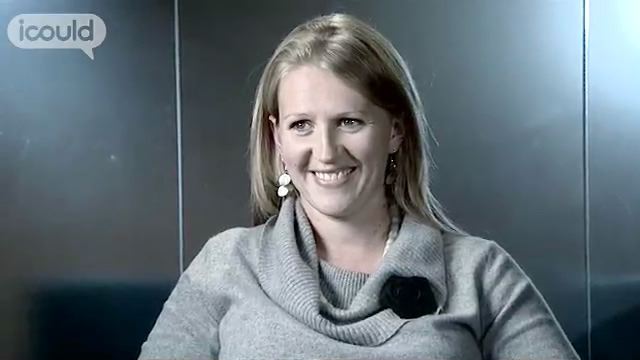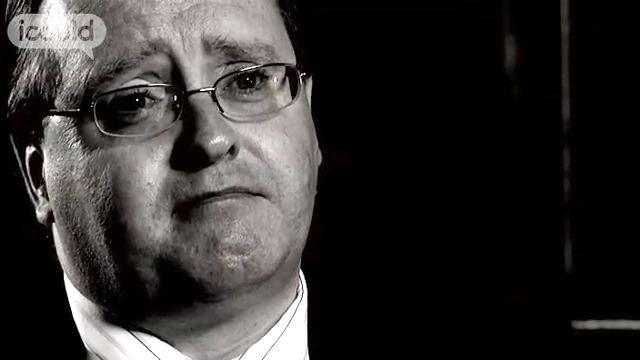Project Manager
Davis Langdon
Michael G
00:02 My name is Michael G, I’m a project manager working for a mixed use construction consultancy company, they’re called Davis Langdon and I’m based in Glasgow.
00:11 It involves a lot of different things, predominantly we work with different construction consultants and tend to lead the design team when a, a building needs to be developed and constructed.
00:22 I was studying a law degree, which I’d chosen while I was a school and I do use it I suppose but certainly that’s not what I’m heavily involved in now.
00:34 When I was at school I had no real idea what I wanted to do when I left and as a result I looked at what grades I had and didn’t want to, didn’t have the grades to, to be a doctor, didn’t want to be one, didn’t want to be an accountant, generally just thought this is quite a good degree, hopefully it will be sort of useful and move me onto other things.
00:56 While, while I was at University certainly I was quite interested in the business aspect of law but even now when I think about the fact that they assist us quite regularly I’m very happy that I’m not one.
01:08 When I was younger I went to University and worked for different property companies, mainly developers and so I got a taste for the industry and while I was doing that I started to think, well actually I, I quite like to do this as a career and that sort of coloured my thinking.
01:24 My father actually does work in property he is a, he’s a, he works for a property de, property development company but no way did that influence me at all. He was quite the opposite actually he was trying to put me off and when I finished University with the, the law degree he couldn’t understand why I wanted to, to go and do something different, why I wasn’t wanting to be a lawyer.
01:41 I joined the company and initially it was meant to be that I would have a day release and I would basically do a, a degree at University either locally or within travelling distance and get a, a quantity surveying degree, so it would be a part time degree, would take slightly longer. As it transpired that I ended up doing a distance learning degree and it was a lot quicker and I was able to get more experience on the job, which definitely stood me in better stead for my, my chartership.
02:14 I tell you it’s far more difficult doing the, the degree while I was working than if I was at University. You know you’re, you’re going to your job, you’re wanting to do well so you’re working as hard as you can during the day, once you’re finished you have to start all over again, you know you have to be able to put things to the side, concentrate on yourself and on your studies and get it done.
02:33 Initially the only reason I chose quantity surveying was I actually wanted to be a project manager and at the time the people I had met who were project managers happened to be quantity surveyors originally and I thought, oh well maybe that means the best project managers are quantity surveyors. Now that I’m actually doing it I know for a fact that’s not the case, you know people from building surveying backgrounds, engineers, people that have maybe been working on sites or on tools and have come up through, you know it just depends on the individual to be honest.
03:02 Well at the moment I’m actually being moved to work in Libya, as of next week so I’m in the process of handing over jobs to different people so I’m literally getting geared up to, to go over to Libya and work on, on projects over there fulltime.
03:18 Aye if you’d have told me I’d be working in Libya I’d have laughed, no idea that would happen.
03:23 When you’re at school you think I have to get certain qualifications so I can get to University and at that point that’s the be all and end all. Once you get to University though no-one cares what you did at school and it’s once you get your degree that that’s when it matters. But the only reason you’re getting your degree is so you can get a job but once you’ve got a job no-one cares about your degree, all they want to know whether you’ve got a professional qualification. Once you’ve got that no-one cares they only want to know what your experience is. So everything’s really just a stepping stone. Now it’s a case of people of want to know are you good at your job you know we don’t want to know how many qualifications you’ve got we want to know can you deliver.
03:59 END
Michael G is a Project Manager for construction consultants, Davis Langdon. He is about to go and work in Libya. He has a degree in law and then he qualified as a quantity surveyor in order to become a project manager. But now he’s more philosophical about qualifications. “So everything’s really just a stepping stone… We don’t want to know how many qualifications you’ve got, we want to know can you deliver.”
More information about Construction project managers and related professionals
The UK average salary is £29,813
There are 37.5 hours in the average working week
The UK workforce is 47% female and 53% male
Future employment
- Draws up budgets and timescales for new construction projects based on clients’ requirements;
- Briefs project team, contractors and suppliers;
- Assembles information for invoicing at the end of projects;
- Plans work schedules for construction projects based on prior discussion with architects, surveyors etc.;
- Hires and may supervise site staff, establishes temporary site offices, takes delivery of materials;
- Regularly inspects and monitors progress and quality of work, ensures legal requirements are met;
- Identifies defects in work and proposes corrections;
- Records, monitors and reports progress;
- Forecasts the impact on traffic and transport of new developments (e.g. shopping centre);
- Assesses schemes to manage traffic such as congestion charging and parking controls;
- Examines accident ‘blackspots’ to improve road safety;
- Writes reports for funding bids and planning authorities and acts as expert witness.









